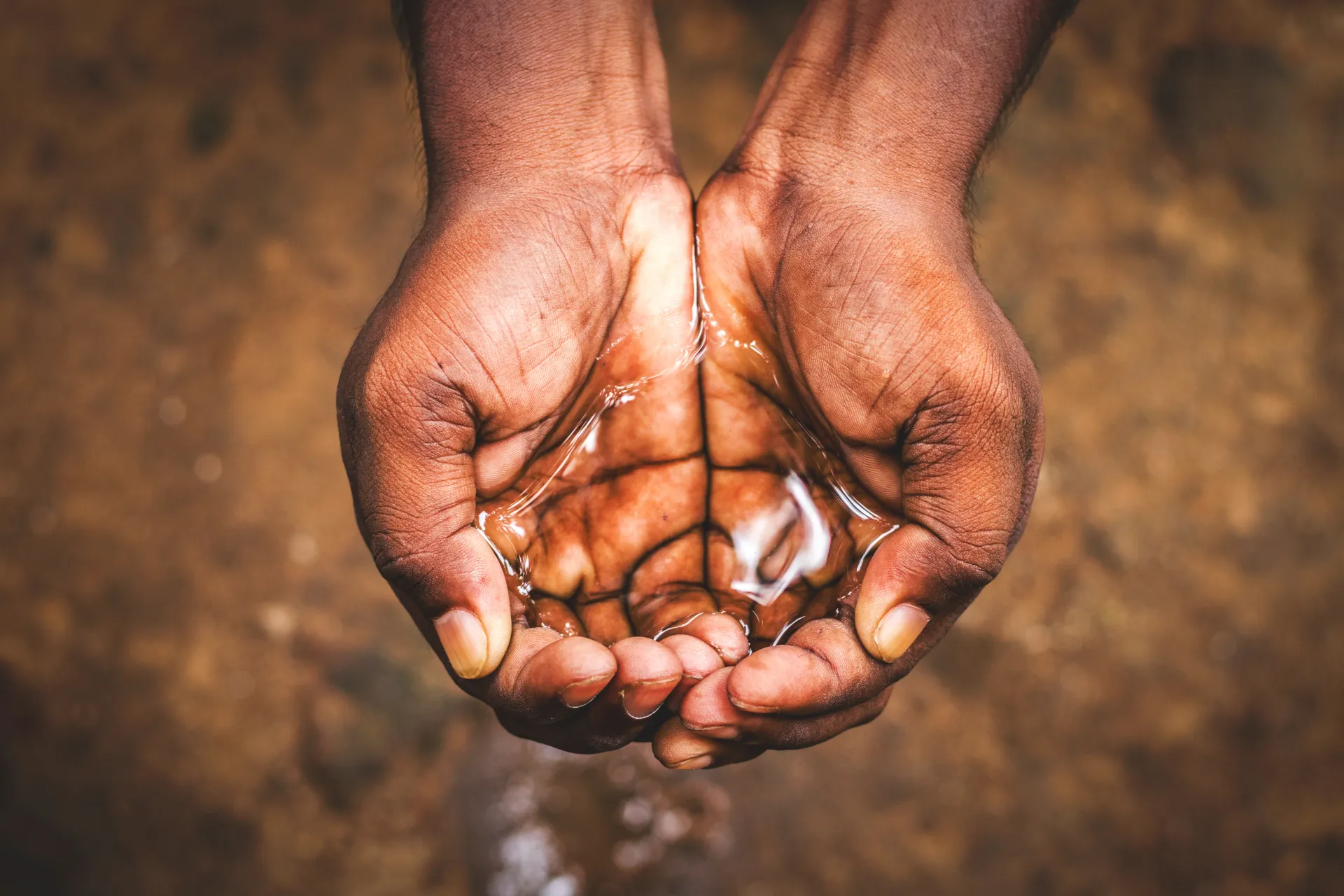Water security poses an increasing threat to South Africans, as systems fail and infrastructure collapses.
We investigate the reasons for the frequent water outages in our towns and cities, and what can be done to offset their effects.
Tip: Installing a backup water system can be costly, but a financing solution is available.
Enough rain but failing systems
The recent water outages in Johannesburg, the ongoing issues in KZN, and the supply constraints in numerous towns and cities nationwide are not a result of water shortages, but of failing systems, says Dr Anthony Turton, a scientist and strategic adviser who is looking into the effects of water constraints on economic growth.
Other than in the Western and Eastern Cape, Turton notes, dams are filled to record levels. The systems that are failing are all infrastructure-related. The latter is also causing supply outages to high-lying areas in the Western Cape.
"We experience an artificial scarcity caused by the inability of an organ of the state - for instance, municipalities and government departments - to accurately interpret signals emerging from its operational area,” he says.
“There is a failure to convert those signals into a strategy capable of enabling service delivery.”
A new state of infrastructure collapse
Turton says water systems are designed to be under pressure and have a defined flow. Once the pressure drops, all sorts of engineering problems appear.
In sewage systems, for instance, lack of flow causes solids to back up and form hard plugs. This causes sewers to overflow into the street and sometimes into homes or offices.
Turton warns that these problems are far from over.
“We are likely to see the supply chain collapse because of the Eskom and water system failures. This has major implications for small and large businesses and households.
“The first supply chain under stress is cold storage. We will soon see contaminated foods being dumped. This is an indicator that we are transitioning to a new stage of infrastructure collapse,” he says.
Municipalities unlikely to step up
Bulk water supplier Rand Water says the lack of water supply to households owes to a lack of service by municipal departments.
Rand Water has not decreased its supply capacity and consistently provides 5,000 megalitres of potable water per day to more than 11 million people in Gauteng, parts of Mpumalanga, the Free State and Northwest – an area that stretches over 18,000 km², says Makenosi Maroo, a spokesperson.
“High consumption is a challenge as it affects our reservoir levels, so we have been asking water users to use water sparingly. Power supply failures are not helping the situation. We have experienced power trips and dips at our plants and stations,” says Maroo.
She says power supply failures left some reservoirs without water. Power cuts at its Eikenhof booster station caused issues at some of the 59 reservoirs it supplies during the recent water outages in Johannesburg.
“It takes up to four hours to pump water at full capacity after a power cut. Water levels also started to decline significantly in January due to high water usage by municipalities, which was compounded by load shedding.
“The constant power outages mean the system can’t pump water into the reservoirs for use.”
Maroo says Rand Water’s reservoir storage levels declined from 76% to about 30% in January, leaving some reservoirs with critically low water levels, at below 15%.
“When this happens, municipalities experience inadequate- or no supply to their high-lying areas. Despite this, Rand Water always safeguards the integrity of its system,” notes Maroo.
Despite several enquiries, Johannesburg Water did not provide any information regarding the recent water outages in the city. However, it has pointed the finger at load shedding and the recent heatwave in media releases.
Turton says that demanding your municipality deliver the services you are paying for is unlikely to change anything.
“We see political instability - the ANC has lost its majority, and coalition governments are fractured and directionless. I cannot see municipalities solving water problems until they have stable political leadership,” he says.
“In Port Elizabeth, the weak leadership ignored the crisis until it was too late. The same is happening in East London. Emfuleni has collapsed entirely. Johannesburg, Ekurhuleni and Pretoria are unstable. This seems to be the trend.
“Until we have political stability, we are unlikely to see technical solutions being developed. This means the crisis will worsen before it can get better again.”
Household solutions to water shortages
The non-supply of water directly affects household water quality and availability. Unfortunately, water supply alternatives are not as readily available as energy alternatives, Turton says.
“The emphasis is shifting away from municipalities as the primary supplier of services, to body corporates and homeowners’ associations. These are becoming the de facto providers of services, and they have a wider range of options open to them than individual homeowners do.”
Boreholes are an option but cost around R100,000 to drill and equip, and there is no guarantee of finding water. Few can afford that kind of expense, says Turton. Water licensing is also complex.
Turton recommends that each person accepts that Eskom will fail and assume the same for water services.
“Develop your own resilience plan. Hold some water in reserve for flushing toilets – pool or recycled bath water is good for this. Keep some clean water for drinking and food preparation, and ensure it’s not contaminated with grey water,” he recommends.
“Get quotes on backup systems for the household and consider investing in systems from reputable suppliers. Beware of fly-by-night operators. Many cowboys are entering this space.”
Tip: Find out about insurance that can cover your borehole- or water backup system.

